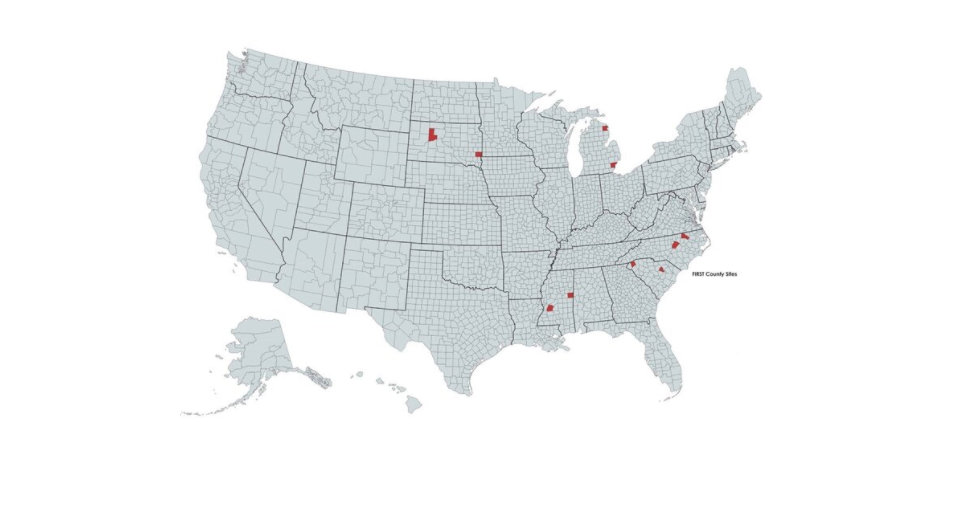North Carolina State University is part of a team conducting a study about feeding families during the novel coronavirus pandemic.
In North Carolina the study focuses on Halifax and Wake counties.
The aim of the study is to see how the families are doing and how cooperative extension can help and support them.
They are looking for more families from Halifax County to participate. Participants will earn money for participating.
According to the joint research team, which beyond NCSU includes Clemson University, Michigan State University, Mississippi State University, and South Dakota State University.
(A link to the recruitment information form can be found here. The gallery contains a project flyer)
COVID-19 has provoked dramatic shifts in food insecurity, and these shifts are unevenly distributed across places or between different social groups.
This project seeks to understand the impacts of COVID-19 on household food insecurity, focusing on how experiences of food insecurity vary across states and varied social contexts. The qualitative research with a diverse group of families is documenting the ways COVID-19 has affected how families shop for food, cook, and eat.
The specific questions are:
How do variations in policy responses to COVID-19 and social context shape families’ ability to prevent or cope with food insecurity?
How do intersecting inequalities related to race, ethnicity, class, and gender shape how people experience food insecurity during a crisis?
How do poor and working-class people make sense of state policies and responses aimed at boosting the economy, addressing unemployment, and supporting food-insecure populations?
What contextual conditions exacerbate or help families buffer the effects of food insecurity?
With the project, the researchers seek to understand the following:
The consequences of COVID-19 on low-income families’ food practices and the impact of specific state and local policies
How place shapes people’s experiences of poverty and food insecurity
How social categories like race, class, and gender are reciprocally constructing phenomena that work together to shape inequality.
The team of researchers and extension professionals aims not only to understand the impacts of COVID-19 on household food insecurity, but to translate the research into meaningful community-based action.
The researchers will:
Examine and illuminate structural and systemic inequities, support existing community systems, and co-create solutions for long-term change.
Use photovoice methods to empower research participants and their communities.
Communicate research and actionable recommendations to policymakers and leaders to inform policies and programming to support a more effective and equitable food system.
Elevate narratives of lived experience and highlight the resources and resilience that community members use to navigate the challenges brought about by the COVID-19 crisis.






